Publications
-
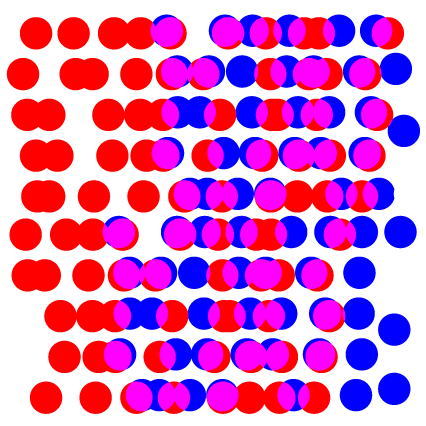 Nachhaltig nicht-nachhaltig. Rechte indigener Gruppen im Freihandelsabkommen EU-Mercosur
Nachhaltig nicht-nachhaltig. Rechte indigener Gruppen im Freihandelsabkommen EU-MercosurEuropean demand for raw materials is growing as part of the energy transition. Many of the raw materials required for the energy transition are located on the territories of indigenous peoples, which often leads to conflicts. Against this backdrop, it is surprising that the planned agreement between the EU and the Mercosur states does not contain any provisions regarding the participation and protection of indigenous peoples. A reference to such provisions, in particular from ILO Convention 169, would be required under international law and would help to make the conflicts and contradictions of the concept of sustainability negotiable.
-
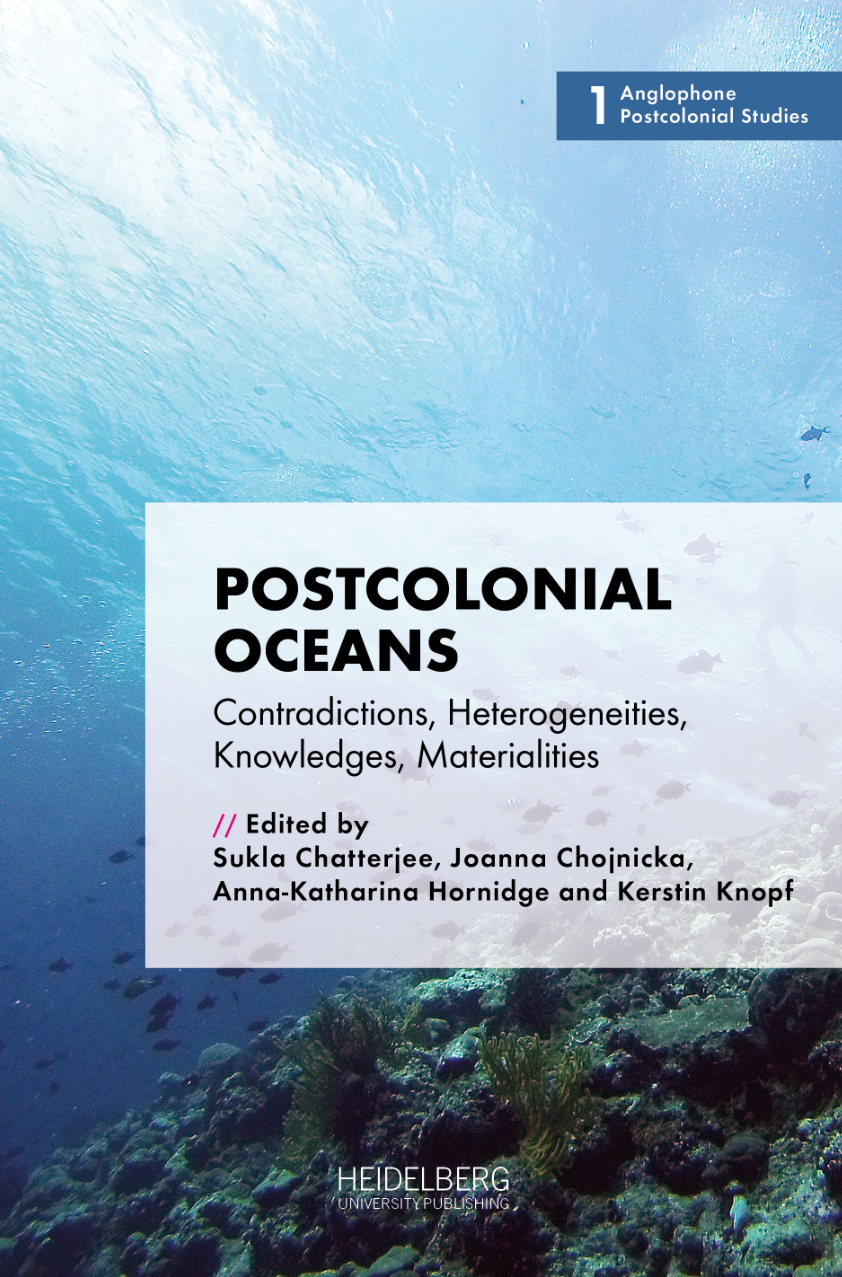 Introduction. Postcolonial Oceans. Contradictions, Heterogeneities, Knowledges, Materialities
Introduction. Postcolonial Oceans. Contradictions, Heterogeneities, Knowledges, MaterialitiesIn Chojnicka, Joanna & Hornidge, Anna-Katharina & Knopf, Kerstin & Chatterjee, Sukla (eds.) Postcolonial Oceans: Contradictions, Heterogeneities, Knowledges, Materialities, 1-19. Heidelberg: Heidelberg University Publishing. DOI: 10.17885/heiup.1046.c17297
-
 Postcolonial Oceans. Contradictions, Heterogeneities, Knowledges, Materialities
Postcolonial Oceans. Contradictions, Heterogeneities, Knowledges, MaterialitiesThis book contributes to the study of oceans, seas, coastal waters, and rivers within blue humanities by broadening, circulating, and interweaving knowledge about such waters, ocean epistemologies, and sea narratives from pluriversal epistemological, geographical, cultural, and disciplinary perspectives. The contributors from Africa, Asia, the Caribbean, Europe, North America and the Pacific explore the interconnections between oceans, coastal areas, rivers, humans, animals, plants, organisms, and landscapes in the fields of cultural history and cultural studies, critical race and postcolonial studies, marine and environmental studies, linguistics, literature, film and media studies.
-
 The Colonial Making of Bremen’s Peri-Urban Port Area
The Colonial Making of Bremen’s Peri-Urban Port AreaIn Chojnicka, Joanna & Hornidge, Anna-Katharina & Knopf, Kerstin & Chatterjee, Sukla (eds.) Postcolonial Oceans: Contradictions, Heterogeneities, Knowledges, Materialities, 219-236. Heidelberg: Heidelberg University Publishing. DOI: 10.17885/heiup.1046.c17310
-
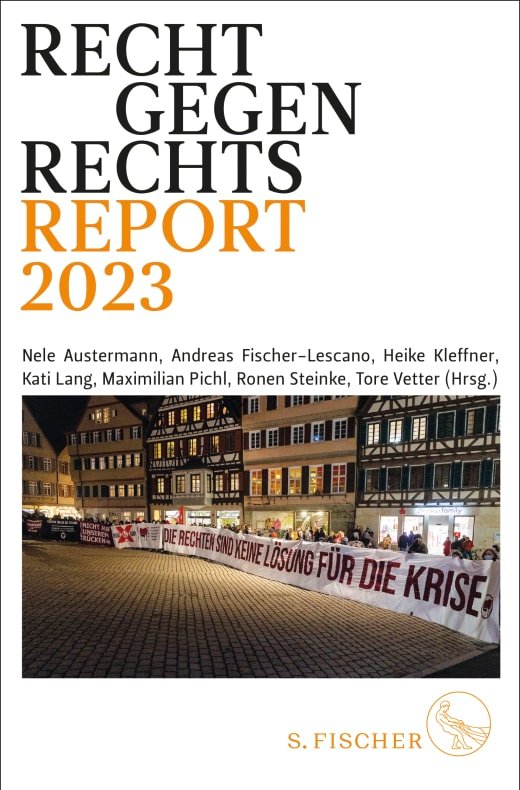 Babycaust? Keine Volksverhetzung! Die deutsche Justiz versagt bei der Bekämpfung von Holocaustverharmlosung und Aufstachelung zum Hass
Babycaust? Keine Volksverhetzung! Die deutsche Justiz versagt bei der Bekämpfung von Holocaustverharmlosung und Aufstachelung zum HassIn Nele Austermann, Andreas Fischer-Lescano, Heike Kleffner, Kati Lang, Maximilian Pichl, Ronen Steinke, & Tore Vetter (Hrsg.), Recht gegen rechts, 307–314. Frankfurt am Main: S. Fischer.
-
 Die Überseestadt: Spiegel kolonialer Verhältnisse
Die Überseestadt: Spiegel kolonialer VerhältnisseThe Bremen Überseestadt, constructed as a new harbor between 1875 and 1913, reflects the close connections between harbor infrastructure and European colonialism. The increase in cargo handling, particularly of colonial commodities, necessitated new port facilities and the deepening of the Weser River. Despite its transformation into a modern urban area, the colonial past remains inadequately addressed to this day. The text calls for making the colonial entanglements visible as an integral part of Bremen’s trade history.
-
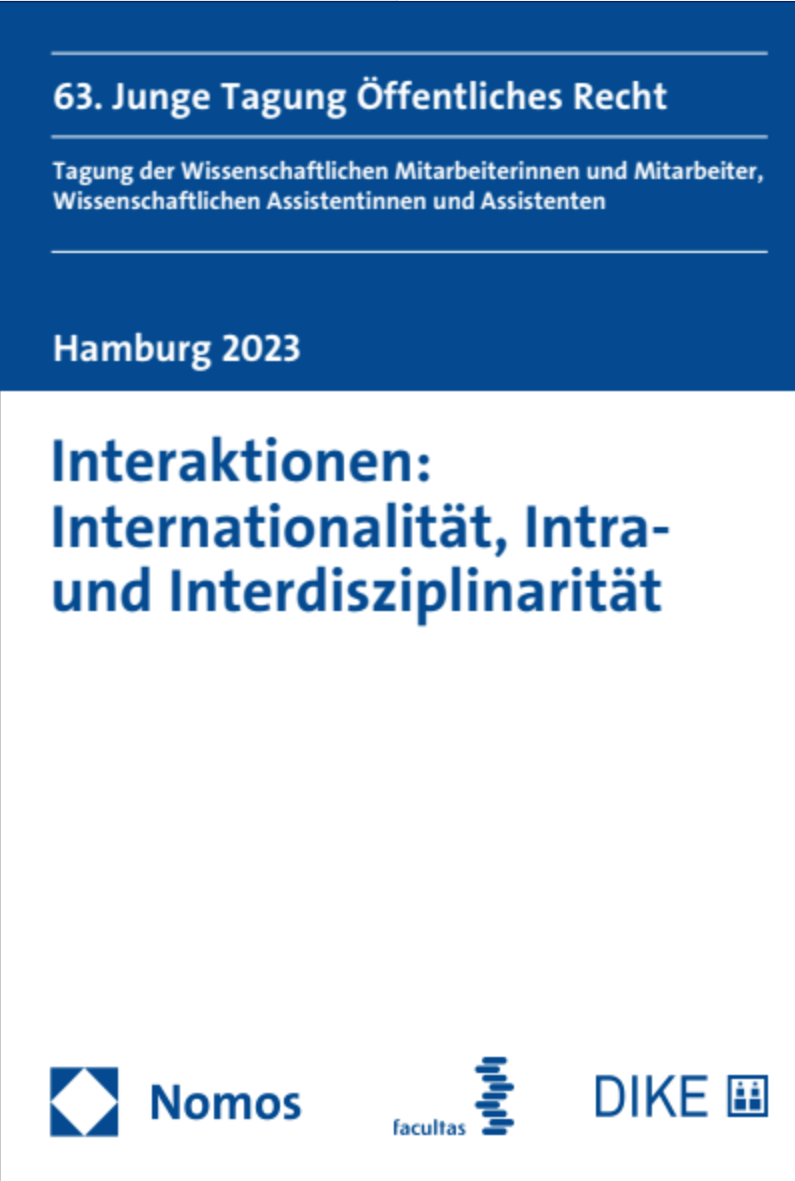 Ethnographie als Werkzeug (in) der Rechtswissenschaft
Ethnographie als Werkzeug (in) der RechtswissenschaftLegal research is usually done at a desk, discussions are possible by telephone and even archives are usually accessible online, and most work is based on academic literature. But what insights, perspectives and research subjects are missed by legal research for which researchers do not leave their desks? And how can the gaps be filled?
-
 Decolonization Through Decolonial Reforming
Decolonization Through Decolonial ReformingThe need for reform of the global health system is openly on the table. Many stakeholders agree that the WHO has not been able to adequately address the political and social problems, global health emergencies triggered or exacerbated by epidemics and pandemics, malnutrition, and access to clean water in recent years. Against this backdrop, there is a widespread call for more equity and solidarity in the global health system.
-
 Towards Equity and Decolonization? An Introduction into the Blog Debate on the World Health System after the Pandemic
Towards Equity and Decolonization? An Introduction into the Blog Debate on the World Health System after the PandemicThe COVID-19 pandemic exposed systemic problems in the global health system. It revealed that the global health system perpetuates global health inequalities rather than effectively reducing them: The international community, particularly the countries of the Global North, failed to make COVID-19 vaccines widely available to the populations of the world’s poorest countries. This blog debate takes stock of the reform debate about a just and decolonizing transformation of the health system. Bringing together scholars from various disciplines, the contributions of this debate ask what a fair global health system could look like and what role the law plays in it.
-
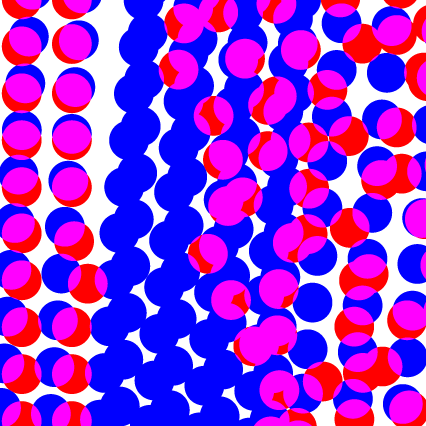 Not (yet) Banned, but Incompatible (Part II). On the Exclusion of AfD Members from a Trade Union
Not (yet) Banned, but Incompatible (Part II). On the Exclusion of AfD Members from a Trade UnionAccording to the Federal Office for the Protection of the Constitution (BfV), the AfD is now “definitely right-wing extremist”. It represents positions that fundamentally contradict fundamental trade union values. In this second part, I will show that the exclusion of AfD members from trade unions is also possible – contrary to what a recent decision by the Berlin II Regional Court suggests.
-
 Not (yet) Banned, but Incompatible (Part I). On the Incompatibility of the AfD with Trade Unions
Not (yet) Banned, but Incompatible (Part I). On the Incompatibility of the AfD with Trade UnionsThe Alternative for Germany (AfD) represents positions that contradict fundamental trade union values. Trade union representation of employees’ interests is not compatible with membership of the AfD. Trade unions can therefore declare the AfD to be an opposing organization by means of an incompatibility resolution and exclude members who are also members of the AfD – and should do so.
-
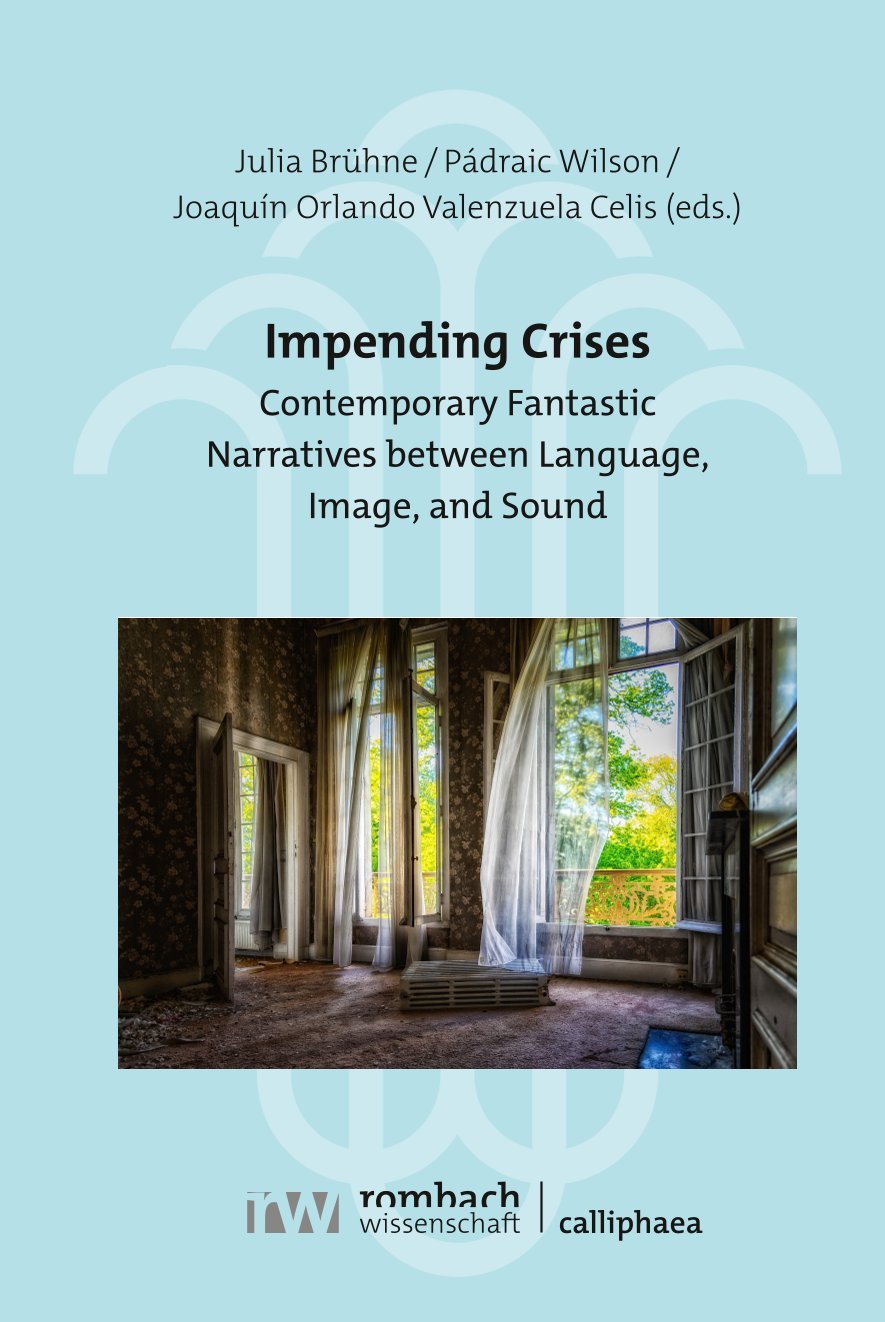 Between Fantasy and Horror: La nuée (2020) by Just Philippot as a Film about the Ecological Crisis of the Anthropocene
Between Fantasy and Horror: La nuée (2020) by Just Philippot as a Film about the Ecological Crisis of the AnthropoceneThis contribution deals with the contradictions of nature and agricultural economy in the contemporary moment of crisis in the Anthropocene. It is based on an analysis of the fantastic French film La nuée (The Swarm) by Just Philippot who reflects by this film also on the turning points from the preception of reality to obsession and from the uninjured body to the damaged body, or even from live to death resepctiveley from live instinct to death drive.
-
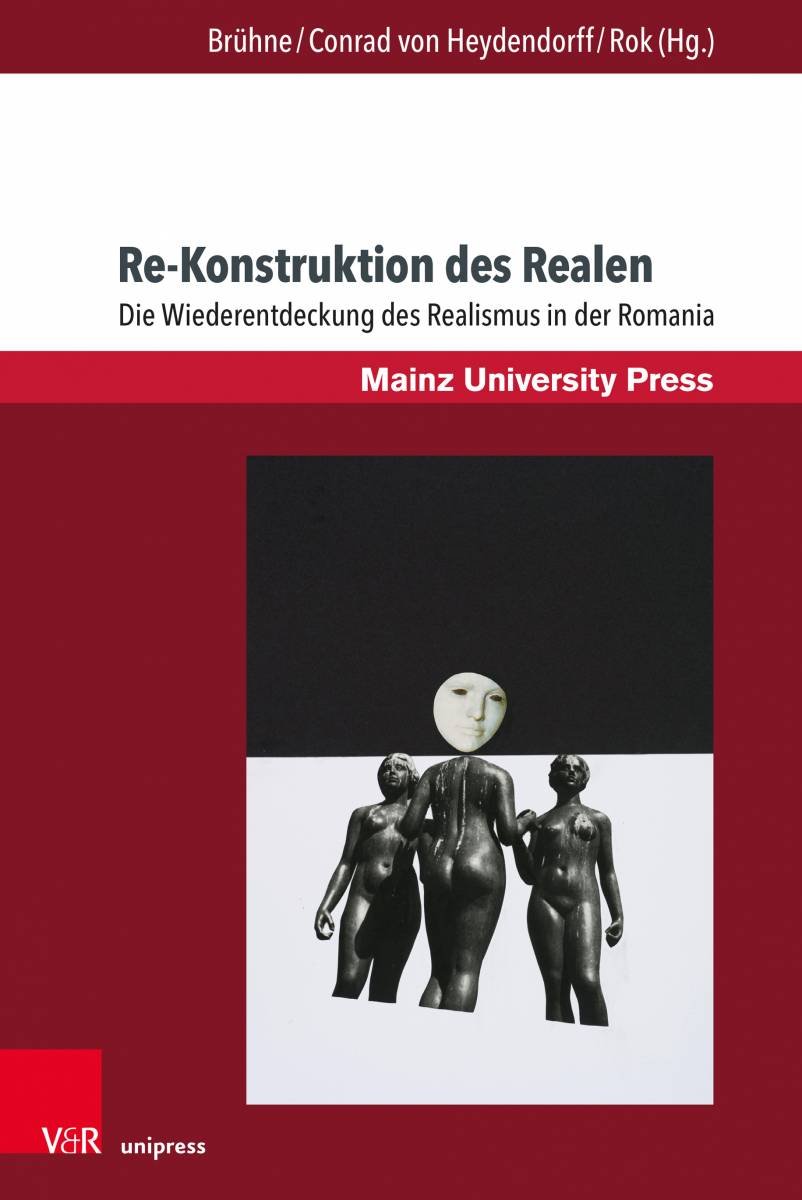 Realismus, Groteske, Ethik des Überlebens in der aktuellen haitianischen gesellschaftskritischen Literatur am Beispiel von Kettly Pierre Mars
Realismus, Groteske, Ethik des Überlebens in der aktuellen haitianischen gesellschaftskritischen Literatur am Beispiel von Kettly Pierre MarsIn Brühne, Julia, Christiane Conrad von Heydendorff & Cora Rok (eds.). 2021. Re-Konstruktion des Realen: die Wiederentdeckung des Realismus in der Romania (Romanica Band 11). Göttingen: V&R unipress, Mainz University Press. 151–178. ISBN: 978-3-8471-1352-2
-
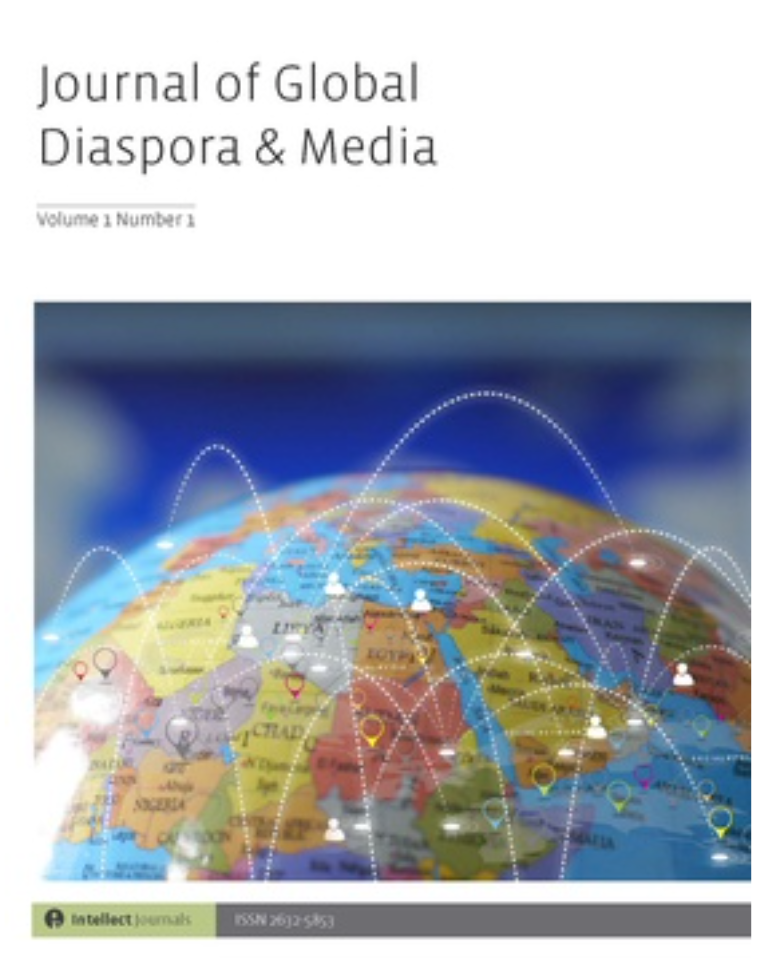 How to Shape Black Diasporic Identity in France by Reading (About) Literature
How to Shape Black Diasporic Identity in France by Reading (About) LiteratureThis article gives an overview of francophone African diasporic websites such as Africultures.com, africavivre.com and other digital magazines, networks and blogs that are present on different platforms. Taking recent novels, texts of liter- ary criticism, reviews and comments as examples, I analyse in what way they share in discourse about diasporic and migratory identity positions of Afropéens (‘Afropeans’) (and differ therein from other readings of the same novels). Methodologically, I draw on Stephen Greenblatt’s concepts of self-fashioning and circulation of social energy as well as on Pierre Bourdieu’s notion of the produc- tion of social capital. With respect to socially preformed discursive formation of Black people as an ostensibly homogeneous minority in the twenty-first century France, I refer to Pap Ndiaye’s ground-breaking study La condition noire from 2009 which closely analyses the complex situation of the Black migrant and post- migrant population. I focus on two narrative texts which are widely perceived both in France and on an international level: First, the autobiographically inspired novel Le Ventre de l’Atlantique (The Belly of the Atlantic) by Fatou Diome and second, Marie Ndiaye’s narrative triptych Trois femmes puissantes (Three Strong Women). Studying remarks and comments of literary criticism concern- ing these texts on francophone African diasporic websites, I raise the following questions: What relevance do these narrated characters (still) have today? To what extent do they shape the discourse of Black migrants in France? What kind of interpretation of the colonial history and context do they offer? And which emancipatory moments and decolonial strategies create a new, proper symbolic capital and, thus, add to the Imagined Community of ‘Noirs en France’ (‘Black people in France’)?
-
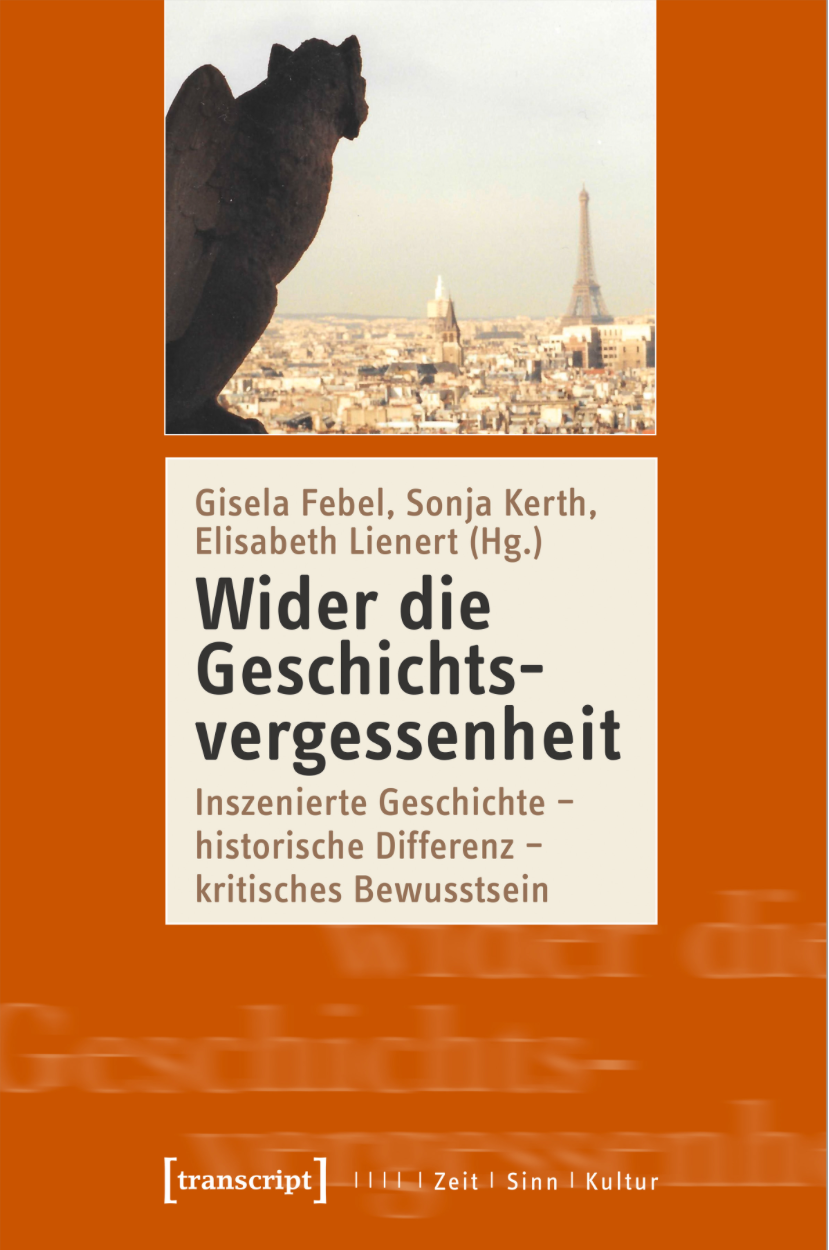 Geschichtsdenken in historischen Romanen über die Vormoderne
Geschichtsdenken in historischen Romanen über die VormoderneIn the face of growing populism and right-wing radicalism, the fight against historical forgetfulness in thought and action is once again highly topical. At first glance, however, historical forgetfulness – at least in relation to the pre-modern era – hardly seems to exist: The Middle Ages, Renaissance and early modern period are experiencing a boom in novels, dramas and popular media. But here in particular, there is an urgent need for an active response to simplifications, mythifications and falsifications. The contributors to this volume show that it is essential for a critical consciousness to be aware of historical difference and media filters and to reflect on their effects. In the face of growing populism and right-wing radicalism, the fight against historical forgetfulness in thought and action is once again highly topical. At first glance, however, historical forgetfulness – at least in relation to the pre-modern era – hardly seems to exist: The Middle Ages, Renaissance and early modern period are experiencing a boom in novels, dramas and popular media. But here in particular, there is an urgent need for an active response to simplifications, mythifications and falsifications. The contributors to this volume show that it is essential for a critical consciousness to recognize historical difference and media filters and to reflect on their effects.
-
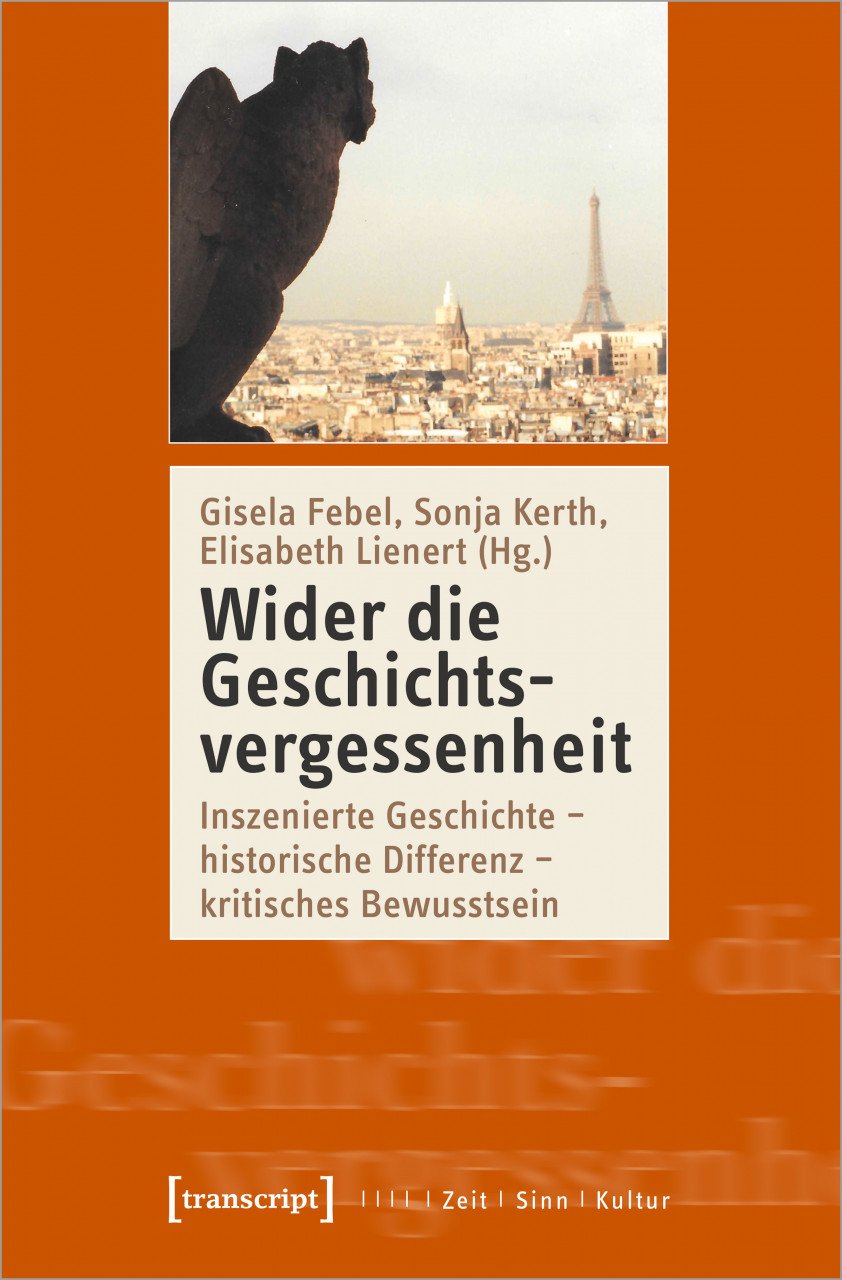 Wider die Geschichtsvergessenheit. Inszenierte Geschichte – historische Differenz – kritisches Bewusstsein
Wider die Geschichtsvergessenheit. Inszenierte Geschichte – historische Differenz – kritisches BewusstseinIn the face of growing populism and right-wing radicalism, the fight against historical forgetfulness in thought and action is once again highly topical. At first glance, however, forgetting history – at least in relation to the pre-modern era – hardly seems to be an issue: The Middle Ages, Renaissance and early modern period are experiencing a boom in novels, dramas and popular media. But here in particular, there is an urgent need for an active response to simplifications, mythifications and falsifications. The contributors to this volume show that it is essential for a critical consciousness to recognize historical difference and media filters and to reflect on their effects.
-
 Contradiction Studies – Exploring the Field. An Introduction
Contradiction Studies – Exploring the Field. An IntroductionSince antiquity in Greece, the Law of Non-Contradiction (LNC) is considered to be the foundation of all philosophy. As Aristotle maintains in Metaphysics, “the same attribute cannot at the same time belong and not belong to the same thing and in the same respect” (1005b, 19–23).
-
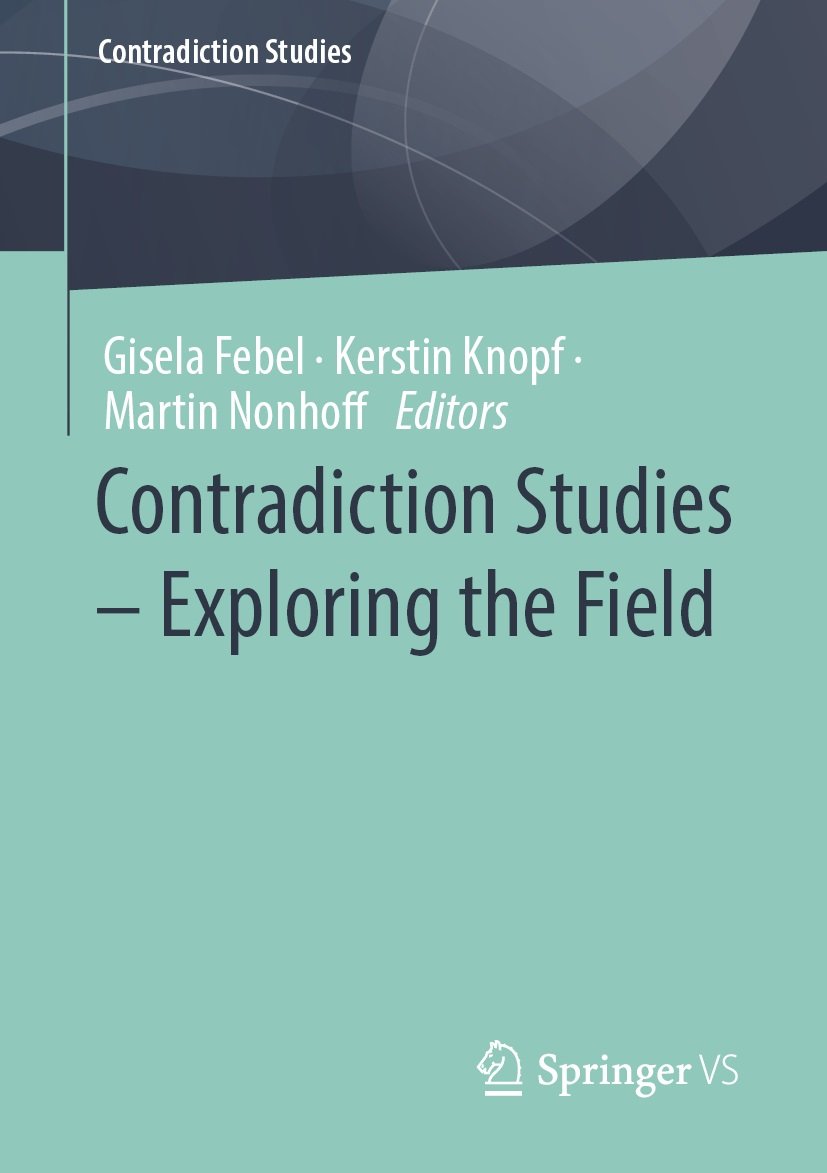 Contradiction Studies – Exploring the Field
Contradiction Studies – Exploring the Field“Contradiction” is a core concept in the humanities and the social sciences. Beside the classical ideas of logical or dialectical contradiction, instances of “lived” contradiction and strategies of coping with it are objects of this study. Contradiction Studies discuss the many ways in which explicit or implicit contradictions are negotiated in different political or cultural settings. This volume collects articles that tackle the concept of contradiction, practices of contradicting and lived contradictions from a number of relevant perspectives and assembles contributions from linguistics, literary studies, philosophy, political science, and media studies.
-
 Sounds of Democracy: The Interview as an Instrument of Heuristic Attention to Discursive Voices
Sounds of Democracy: The Interview as an Instrument of Heuristic Attention to Discursive VoicesAgainst the backdrop of general considerations of the interview as a genre, the paper discusses under which theoretical conditions interviews are suitable instruments for discourse analysis. With a special interest in questions of the linguistic constitution of shared knowledge in discourse, the authors outline the discourse-linguistic status of interviews in a systematic way.
-
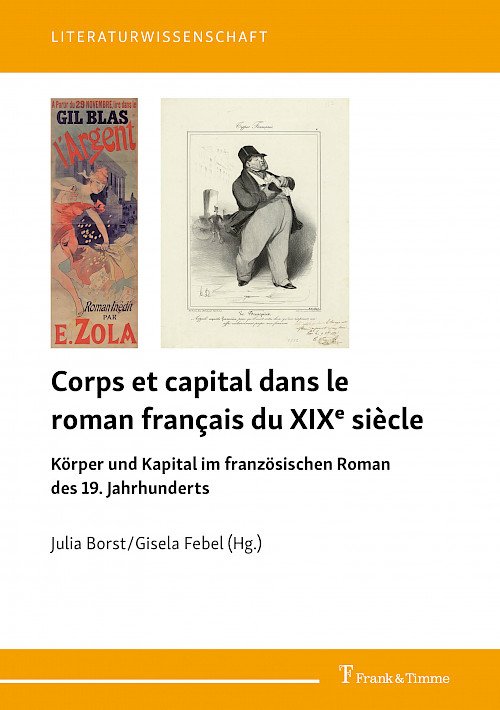 Corps et capital dans le roman français du XIXe siècle. Körper und Kapital im französischen Roman des 19. Jahrhunderts
Corps et capital dans le roman français du XIXe siècle. Körper und Kapital im französischen Roman des 19. JahrhundertsThe living body and the capitalist thinking of the modern economy seem to be irreconcilable objects. Nevertheless, their history and perception have been inextricably linked, at least since the times of industrialization and capitalization in the 19th century. Our volume follows this entangled history and the various contradictions it develops.
Since Pierre Bourdieu, we known that the body forms an incorporated cultural and social capital. It is a commodity and means of production, a sign of belonging to a social class, a place where sex, gender and power relations are negotiated or a pretext for social exclusions and racism. The body is the object of punishments, sanctions and social control, a support for affects, obsessions and illnesses as well as a site of rebellion and resistance. The 19th century novels analyzed in the contributions to this volume tell all this. From the perspective of current body studies, we propose a new reading of the great stories from Balzac to Zola, via Mirbeau, Maupassant, Louise Michel, Georges Sand, Rachilde, Eugène Sue and Huysmans to demonstrate, through their texts, how the images of the body and the policies of capital are entangled and, thus, form a central part of the imagination and the memory of 19th century French (and Northern/Western) society.
Contributions in French and German.